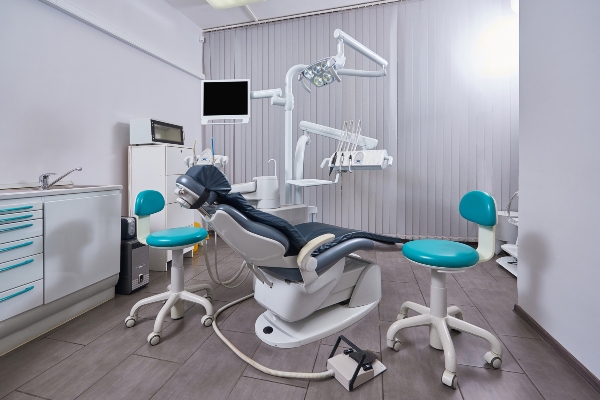 Wisdom teeth can be confusing to understand without the help of a dentist. The main thing that most people know about their wisdom teeth is that they hurt like crazy when you start to develop them. This article will answer a few of the most common questions that people have about wisdom teeth to understand their purpose better.
Wisdom teeth can be confusing to understand without the help of a dentist. The main thing that most people know about their wisdom teeth is that they hurt like crazy when you start to develop them. This article will answer a few of the most common questions that people have about wisdom teeth to understand their purpose better.
What is the primary purpose of wisdom teeth?
The primary purpose of wisdom teeth is unknown, and they have been deemed as vestigial organs or organs without a purpose.
At what age do wisdom teeth enter the mouth?
For most people, wisdom teeth enter the mouth around the ages of 17 to 21. While this is when they show up in your mouth, they start to develop and grow as early as ages 7 to 10. The process of your wisdom teeth entering the mouth is a lengthy and tedious one.
When do I need to have my wisdom teeth removed?
Most people opt to have their wisdom teeth removed to prevent things like infection, overcrowding of the mouth, and gum disease. Your wisdom teeth can cause your other teeth to move and shift, leading to disease and infection.
The other main reason to have wisdom teeth removed is that they cannot get through the gums and enter the mouth. This can lead to some serious pain and even infection and swelling if you’re not careful. If you start to notice your wisdom teeth coming into your mouth, it would be wise to contact your dentist and have them perform an examination.
What happens if I have a decaying wisdom tooth?
If you allow a wisdom tooth to enter your mouth and fully develop, it becomes like any other tooth. As a result, it can decay like any other tooth, and the results are the same. A decaying wisdom tooth has the potential to develop abscesses and infections and become extremely painful and dangerous.
A decaying wisdom tooth should be removed immediately by a dentist to prevent further pain or damage from occurring.
Can wisdom teeth loosen or fall out on their own?
Like all other teeth, wisdom teeth can loosen and fall out if they aren’t taken care of and become diseased. Teeth loosen over time if they aren’t taken care of and brushed and flossed regularly. While wisdom teeth are slightly more resilient because of their location in your mouth, they aren’t immune to loosening.
Can I keep my wisdom teeth if they’re slightly impacted?
Whether you can keep a slightly impacted wisdom tooth depends entirely on where the tooth is located and how it’s positioned. Most wisdom teeth enter the mouth and start to move towards the front of the mouth ever so slowly. They move all the teeth standing in their way when this happens, resulting in a mouthful of crooked teeth.
However, the wisdom tooth enters the mouth and “erupts” upward rather than forward in some cases. In these instances, your wisdom teeth will mostly leave your other teeth alone, and you won’t have to remove them even if they’re slightly impacted. Just make sure that you see your dentist and have them look so they can advise you.
Contact your dentist about your wisdom teeth
Just because your wisdom teeth can be painful as they grow in, doesn't always mean that they must be removed. Have your dentist give you a thorough exam so you can learn if they need to be extracted. Contact your dentist today to learn more.
Request an appointment or call North Georgia Smiles at 770-889-7867 for an appointment in our Cumming office.
Related Posts
Dentistry is concerned with diagnosing, preventing, and treating diseases, disorders, and conditions of the oral cavity and adjacent and related structures and their impact on the human body. Often, dentists will recommend extraction to remove a tooth due to decay, pain, or other factors which could lead to future health issues, possible loss of teeth,…
Many people still have mistaken beliefs about general dentistry. As is often the case with misinformation, it can be very persistent. Myths are often more well-known than facts.One way to find out the truth behind the myths is to visit a dental office frequently and ask questions of the dentist and hygienists. You can trust…
Dentistry has become increasingly popular in recent years, with more people wanting to maintain their pearly whites than ever before. No longer just limited to treating tooth decay and removing cavities, practitioners can also provide cosmetic dentistry treatments to help you achieve that beautiful smile you've always wanted. If you want to learn more about…
